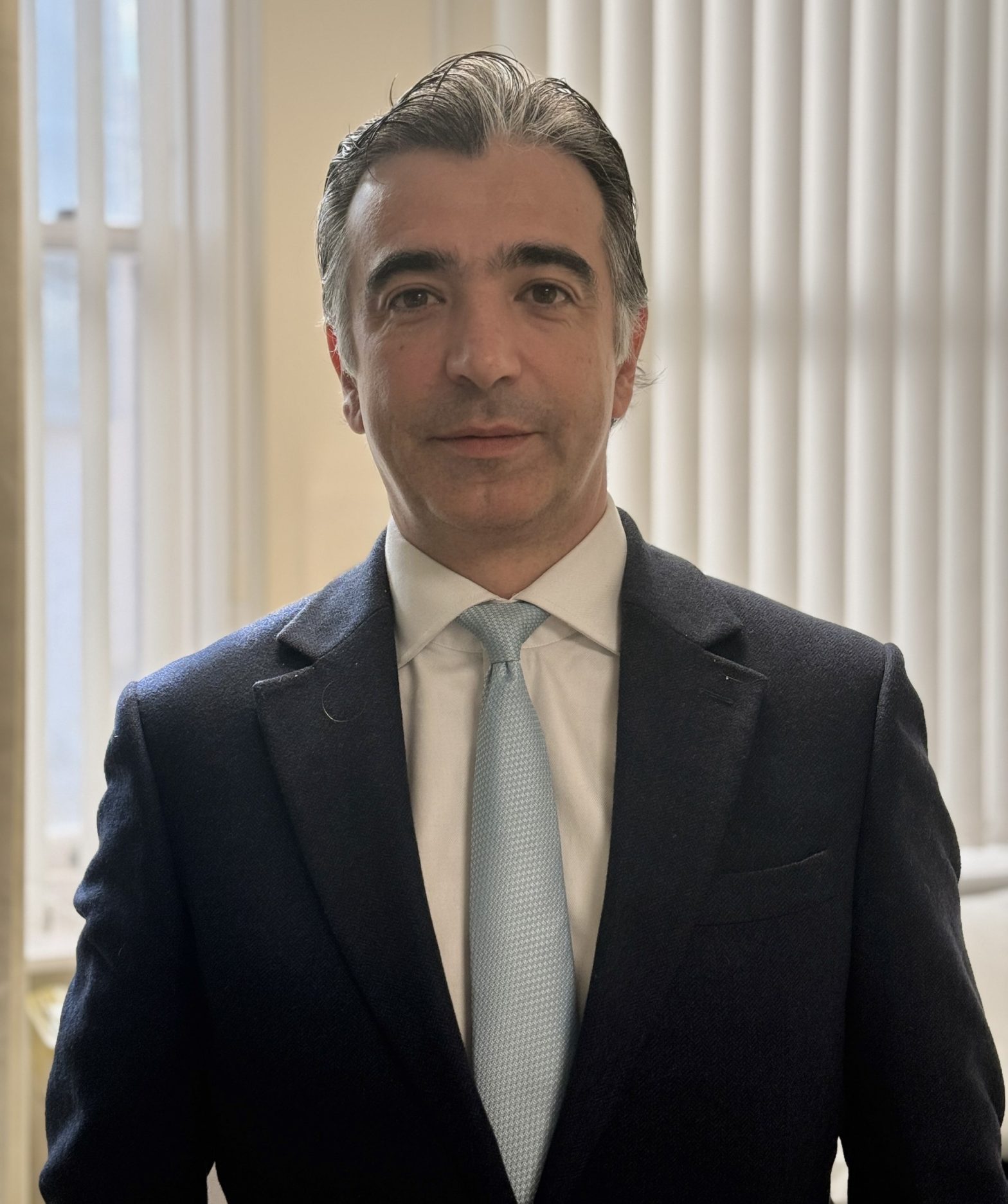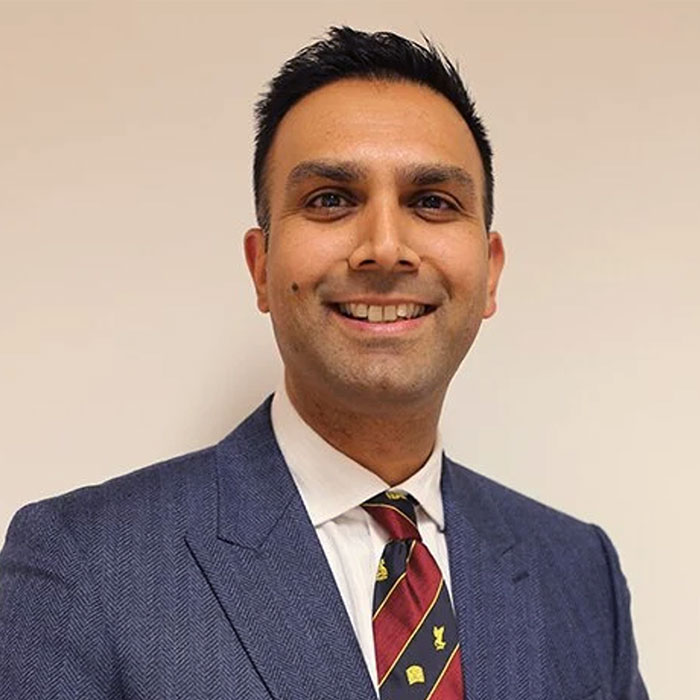
- Haemorrhoidectomy is a surgical treatment to remove haemorrhoids
- Expert Colorectal NHS Consultant Surgeons
- Visiting The Private Clinic for your haemorrhoid removal treatment means that you are in the best of hands
What’s on this page
Medically reviewed by Mr Piero Nastro, MD, MRCS, FRCS(Eng). GMC Number: 6037215, Laparoscopic, General & Colorectal Consultant Surgeon for The Private Clinic.
Last Reviewed December 13th 2023
Related Treatments
Haemorrhoidectomy
A haemorrhoidectomy procedure is a surgical procedure to remove haemorrhoids. It may also be referred to as a hemorrhoidectomy or piles surgery.
Haemorrhoids are actually vascular structures in the anus. When they become swollen, they can cause a degree of discomfort and a range of unwanted symptoms such as itchiness, soreness, and bleeding. Up to 50% of the population have potentially suffered from symptomatic haemorrhoids at some point in their lives (source: Haemorrhoids: diagnosis and management. Am Surg 75 (8): 635–42).
Haemorrhoids, hemorrhoids or piles as they are also known as, are often caused by increased pressure in the abdomen. This can occur with pregnancy, obesity, low fibre diets, constipation, diarrhoea and even genetics.
In the majority of cases, haemorrhoids often get better on their own after a few days, and there are many over the counter products that can help relieve any discomfort during this time. For patients that have persistent or recurrent haemorrhoids then a surgical treatment may be required to help.
Haemorrhoidectomy treatment for Haemorrhoids
A haemorrhoidectomy is a surgical procedure performed under general anaesthetic. There are three types of haemorrhoidectomy procedures:
Closed Haemorrhoidectomy – A closed haemorrhoidectomy is the most commonly performed procedure. The surgeon will remove the haemorrhoid/s using a scalpel, scissors, electrocautery, or laser before then closing the wound with a suture.
Open Haemorrhoidectomy – An open haemorrhoidectomy is performed in the same way initially as an open haemorrhoidectomy, so the haemorrhoids are surgically removed but the wound is then left open.
Stapled haemorrhoidectomy – A stapled haemorrhoidectomy, is also known as the circular stapler haemorrhoidopexy or Longo’s procedure. It is most commonly performed on third-degree haemorrhoids and involves using surgical tool to remove a ring of haemorrhoid tissue and pin back loosened expanded tissue with the aim of stopping the prolapse effect.
Rafealo® treatment for Haemorrhoids
We also offer the Rafealo® procedure for treatment of piles, this 15-minute procedure can be performed in-clinic under local anaesthetic and has a minimal post-operative pain and aftercare. Find out more here.
Haemorrhoidectomy at a glance
Procedure Time
45 mins
Anaesthetic Type
General anaesthetic
Hospital Stay
Daycase
Support Garment
None
Washing
Shower only for 1-2 weeks
Sleeping
n/a
Driving
2 – 6 Weeks
Up & Mobile
Rest Advised for 1-2 weeks
Sexual Activity
2 weeks – 1 month
Back to Work
3 weeks
Exercise
No heavy lifting for 6 weeks
Travel
6 weeks
Recovery Time
6 weeks
Final Results
8 weeks
Ask us a question
What to Expect
Haemorrhoidectomy Consultation
A consultation will take place with one of our colorectal surgeons who are experts in treating haemorrhoids. Your surgeon will:
- Listen to your concerns regarding your haemorrhoids
- Review your medical history
- Assess your haemorrhoids
- Discuss the best options suited to you
- Detail the risks and complications
- Review your expectations from haemorrhoidectomy surgery
- Detail what will happen on the day of the procedure
- Go through the recovery and aftercare required
You will then meet with your dedicated patient coordinator who will provide you with a detailed treatment plan with full cost and pricing details so you can leave feeling well informed and able to decide if to go ahead with treatment or not.

Haemorrhoidectomy Pre Op
In the interests of patient safety all our patients are assessed against our patient selection criteria. Following your haemorrhoid treatment consultation and review of your past medical history, the physician or pre-operative nurse will choose the pre-operative tests considered to be appropriate, most of which are routine blood tests.
You will be provided with a pre-operative instruction sheet ahead of your procedure which will help you to prepare for your haemorrhoid treatment.

Haemorrhoidectomy Procedures
At The Private Clinic we offer 5 types of haemorrhoid removal procedures.
Closed Haemorrhoidectomy
A closed haemorrhoidectomy is the most commonly performed procedure. The surgeon will remove the haemorrhoid/s using a scalpel, scissors, electrocautery, or laser before then closing the wound with a suture.
Open Haemorrhoidectomy
An open haemorrhoidectomy is performed in the same way initially as an open haemorrhoidectomy, so the haemorrhoids are surgically removed but the wound is then left open.
Stapled haemorrhoidectomy
A stapled haemorrhoidectomy, is also known as the circular stapler haemorrhoidopexy or Longo’s procedure. It is most commonly performed on third-degree haemorrhoids and involves using surgical tool to remove a ring of haemorrhoid tissue and pin back loosened expanded tissue with the aim of stopping the prolapse effect.
Rafealo®
Rafaelo® haemorrhoid removal treatment uses well established radio frequency technology that is used in the treatment of varicose veins. It is a safe and effective treatment for internal haemorrhoids removal. Rafaelo treatments are carried out in-clinic.
Your colorectal consultant will use an anoscope to inject the base of the haemorrhoid/s with local anaesthetic. After 5-10 minutes the procedure will start, and a metal probe is inserted into your back passage. The probe produces a radio frequency thermal injury to the haemorrhoids which cuts off the blood supply to the haemorrhoid. The haemorrhoids will then begin to shrink and disappear over time. The procedure takes around 15 minutes to perform, once complete you are free to leave.
THD Haemorrhoid Treatment
Transanal haemorrhoid dearterialization (THD) is a minimally invasive surgical procedure used to help treat haemorrhoids. THD is very similar to the HALO procedure, the difference typically being the brand name of the device performing the procedure.
The THD procedure uses a micro- doppler ultrasound device which helps to guide the surgeon to place a suture across the haemorrhoidal arteries without affecting the surrounding area. The aim of the procedure is to reduce the blood supply to the haemorrhoid which assists with healing. The procedure does not cut or remove any haemorrhoidal tissue so there will be no raw or open wounds to heal post-procedure. The procedure is performed under general anaesthetic and takes around 30-40 minutes. Patients will be able to return home shortly after the procedure has been performed to recover at home.

Haemorrhoidectomy Aftercare
All haemorrhoidectomy patients will receive a comprehensive post-operative care service provided as part of your aftercare package.
Recovery from a haemorrhoid surgery will vary depending on the patient and the type of surgery that they had. We advise patients that post-operative pain can last anywhere between 2-4 weeks, but painkillers can be taken during this time. During the recovery time bruising, irritation, minor bleeding, discharge, and soreness may also be experienced.
The majority of patients are able to return to their usual activities and routines within 2 weeks post-surgery.
Your colorectal surgeon will advise in detail during your consultation what to expect following haemorrhoid surgery.

The Private Clinic have collaborated with Chrysalis Finance to offer 0% finance for our patients.*
*Acceptance is subject to status. Terms and conditions apply.
Frequently Asked Questions
By definition, a haemorrhoidectomy is not considered to be major surgery.
A haemorrhoidectomy is invasive surgery that aims to remove internal and external haemorrhoids that are severe. All surgical procedures come with risks which are all discussed during consultation. A haemorrhoidectomy is considered to be a safe and effective treatment for haemorrhoids.
A haemorrhoidectomy procedure is reserved for when other alternative treatment options have not been successful or if your haemorrhoids are too severe for them.
Most patients with haemorrhoids usually don’t require haemorrhoidectomy. We offer Rafaelo® treatment to the majority of our patients as it is a less invasive option performed under local anaesthetic and has significantly less downtime.
If a haemorrhoidectomy procedure is offered, this is most likely because your haemorrhoids are too severe to treat with Rafaelo® treatment and a haemorrhoidectomy procedure is more likely to be successful.
To find out which haemorrhoid removal procedure is best for you, book a consultation with our top colorectal surgeons today.
A haemorrhoidectomy procedure should not be painful as patients are under general anaesthetic. Pain and discomfort may be felt following surgery, but this can be managed with painkillers.
Recovery from a haemorrhoid surgery will vary depending on the patient and the type of surgery that they had. We advise patients that post-operative pain can last anywhere between 2-4 weeks, but painkillers can be taken during this time. During the recovery time bruising, irritation, minor bleeding, discharge, and soreness may also be experienced.
The majority of patients are able to return to their usual activities and routines within 2 weeks post-surgery.
Your colorectal surgeon will advise in detail during your consultation what to expect following haemorrhoid surgery.
Our Haemorrhoid treatment Clinics
Meet our Medical Experts
We are the UK’s leading cosmetic group and have some of the most experienced colorectal surgeons in the country working with us.
Consultant Laparoscopic, General & Colorectal Consultant Surgeon
Consultant Laparoscopic General & Colorectal Surgeon








